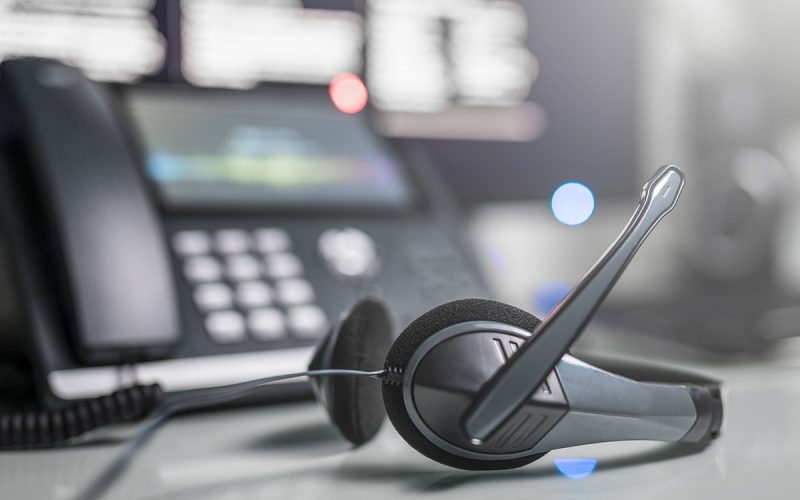Jim Vanderberg’s Maple Candy: A Delightful Treat from Maple Trees and maple syrup
Sweet, fragrant, and irresistibly delicious, maple candy is a delightful treat that captivates the taste buds of many. Made from the golden nectar of maple trees, maple syrup, this confectionery treasure is cherished by both young and old. Let’s explore the journey of maple candy, from the harvest of maple trees to its mouthwatering sweetness.
The Maple Tree: Source of Maple Candy
Maple trees, known for their vibrant foliage during the fall season, play a crucial role in the production of maple candy. Various species of maple trees, such as the sugar maple and the black maple, are tapped to extract sap, the raw ingredient for maple syrup. These majestic trees are found in abundance in regions with a cool climate, such as North America.
During early spring, when temperatures fluctuate between freezing nights and warm days, the sap in maple trees begins to flow. To collect the sap, small holes are skillfully drilled into the trunks of the trees, allowing the sap to flow into buckets or through a network of tubes. This sap is then carefully collected and transported to the sugarhouse for further processing.
The Maple Syrup Production Process
Once the sap has been collected, it undergoes a series of steps to transform it into delicious maple syrup. The process begins with filtration to remove any impurities and then proceeds to boiling. Boiling the sap in large evaporators removes most of the water content, gradually concentrating the sap into a thick, sweet syrup with a distinct maple flavor.
Temperature control is vital during the boiling process. As the sap nears the final stages, it requires meticulous monitoring to ensure the perfect consistency is reached without allowing the syrup to become too thick or develop a burnt taste. Once the desired consistency is achieved, the maple syrup is carefully filtered to remove any remaining sediments, ensuring its clarity and quality.
Maple Syrup vs. Maple Candy
Maple syrup and maple candy differ in several ways, including texture, composition, and taste. While maple syrup retains its liquid form, maple candy undergoes additional processing to transform it into a delectable solid treat that melts in your mouth.
To create maple candy, maple syrup is heated to a specific temperature and then vigorously stirred to introduce air into the mixture. This technique creates a crystallized texture, resulting in a firm yet melt-in-your-mouth confection. The process may sound simple, but it requires precision and expertise to achieve the perfect consistency for maple candy.
Health Benefits and Nutritional Value of Maple Candy
Maple candy not only satisfies your sweet tooth but also offers some health benefits. Unlike artificial sweeteners, maple candy contains natural sugars obtained from maple syrup, making it a better alternative for those seeking a more wholesome treat.
In addition to its rich flavor, maple candy provides essential nutrients such as manganese, zinc, and calcium. It also serves as a natural energy source, giving you a quick boost on demanding days. However, it’s crucial to enjoy maple candy in moderation due to its high sugar content.
Where to Buy Maple Candy and Maple Syrup Products
If you’re eager to explore the World of maple candy and maple syrup products, numerous options are available to satisfy your sweet desires.
local maple syrup producers and artisanal shops often offer a wide selection of maple candy, ensuring freshness and quality. Additionally, online retailers provide a convenient way to discover a vast array of maple candy options delivered right to your doorstep.
Keep an eye out for maple syrup festivals or events in your area, as they often feature vendors selling a variety of maple products, including maple candy. Such gatherings provide firsthand experiences to indulge in the delightful world of maple candy.
Maple candy, born from the majestic maple trees and the meticulous process of producing maple syrup, is a mouthwatering treat that brings joy to all who taste it. Whether you purchase it from local producers or embark on the adventure of making it in your own kitchen, maple candy offers a unique blend of natural sweetness and delectable flavors. So, go ahead, savor every bite, and let maple candy transport you to a world of unforgettable delight!

